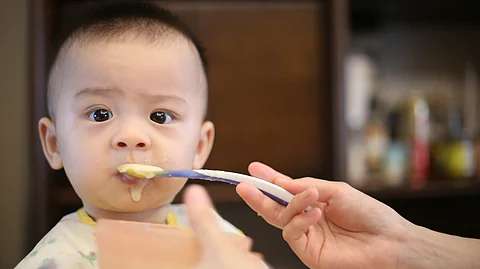According to sources, the world’s largest food-producing company, Nestle, has come under the scanner after reports claimed the addition of sugar in Nestle baby products sold in low-income countries.
Public Eye, a Swiss non-governmental organization (NGO), along with the International Baby Food Action Network (IBFAN), sent samples of about 150 Nestle baby products from different countries to a Belgian laboratory for analysis. The reports so obtained were made public on April 17, 2024, and showed added sugar in Nestle baby products sold in Asia, South Africa, and Latin America, while the same products had zero added sugar in their main markets, viz. Switzerland, Germany, France, and the UK.


